Trip & Fall - Slip & Fall Accident Lawyer Hawaii

|

|

|

|
Falls from Height - Trips and Slips - Accident Lawyer Hawaii
Attorneys Bill Lawson & Amy Woodward |
Liability for Serious Falls (Falls from Elevation, Trips, Slips, etc.)Accidents due to Slip & Fall, Trip and Fall, etc. in Hawaii
NOTE: If the claim that you are investigating arose out of a balcony defect, a railing collapse, a fall from elevation and/or a building code violation, you may want to go here: Accidents due to balcony defects, railing collapses, building code violations, etc. in Hawaii. In
Hawaii the owner or occupant of real property is required
to take reasonable steps to eliminate any unreasonable risk Some examples of dangerous conditions for which liability has been imposed are: - Unsafe design and/or construction of buildings - Dangerous or unmarked holes, ditches or culverts - Improperly maintained equipment, furniture or furnishings - Overgrown or uncontrolled landscaping which hides the view of vehicular traffic or causes other dangers - Inadequate security - Inadequate lighting -
'Slippery when wet' walking surfaces -
Defects, holes or obstructions in walking surfaces -
Keeping a dangerous animal -
Swimming pools without proper safeguards Brief overview of premises liability and fall accident claims in HawaiiI. No Trespasser, Licensee, Invitee Distinction under Hawaii Law In Pickard v. City and County of Honolulu, 51 Haw. 134, 452 P.2d 445 (1969), the Supreme Court of the State of Hawaii did away with the traditional classification of persons coming onto land. This distinction between trespasser, licensee and business invitee forms the foundation of premises liability law in many other jurisdictions. (See the Restatement of Torts (Second) §343). In Hawaii, however, as the Supreme Court has repeated on several occasions, there is no longer a distinction between trespasser, licensee (social guest) and invitee (business guest) for purposes of Hawaii premises liability law. See, eg., Corbett v. Association of Apartment Owners of Wailua Bayview Apartments, 70 Haw. 415, 416, 772 P.2d 693, reconsideration denied, 70 Haw. 661, 796 P.2d 1004 (1989). II. The Bases of Premises Liability Law in Hawaii A. The Premises Must Have an Unreasonable Risk of Harm The
general rule with respect to the liability of owners and
B. The Possessor of Land Must Have Failed to Take Reasonable Steps to Eliminate the Unreasonable Risk of Harm The case of Richardson v. Sports Shinko Waikiki Corp., 76 Haw. 494, 880 P.2d 169 (1994), demonstrates that the Hawaii Supreme Court does not require all unreasonable risks of harm to be completely eliminated in order for a possessor of land to escape liability for an accident occurring on its premises. In that case, the Hawaii Supreme Court affirmed a defense verdict in favor of a hotel and against the guest who injured herself on a staple embedded in a meeting room rug. The Court found that because reasonable steps were taken to eliminate the unreasonable risk of harm, there was not even a duty to warn of the danger which remained. After reviewing the record in the light most favorable to the hotel (because it was the plaintiffs' appeal), the court stated that the hotel's efforts at vacuuming, regular cleaning, detection and monitoring complaints (or the lack thereof) were sufficient to constitute "reasonable steps" to eliminate the unreasonable risk of harm. C. Warnings of the Condition by the Possessor of Land Must Be Absent and the Condition Must Not Be Open and Obvious i. Warnings of the Condition Must Be Absent As set forth above, in Corbett, supra, the Hawaii Supreme Court found that a possessor of land can escape liability if it takes steps to warn users of the land against an unreasonable risk of harm found on its property. Typically, this involves the posting of a sign or the installation of a barrier to warn and protect against the danger. However, the Hawaii Supreme Court has found that there are certain types of conditions which provide their own warning and hence are not actionable. These are "open and obvious" conditions. ii. The Condition must not be Open and Obvious In the case of Friedrich v. Department of Transportation, 60 Haw. 32 at 36 (1978), the court found that a puddle- seen and sought to be avoided- was a danger which was sufficiently "open and obvious" that it provided its own warning and no further warning by the owner of the land was necessary. The Supreme Court of Hawaii stated: "The obviousness of a risk substitutes for an express warning and satisfies this obligation." The court went on to state that the landowner "may reasonably assume that members of the public will not be harmed by known or obvious dangers which are not extreme, and which any reasonable person exercising ordinary attention, perception, and intelligence could be expected to avoid." D. The Possessor of Land must have Actual or Constructive Notice of the Condition In the case of Harris v. State, 1 Haw. App. 554, 623 P.2d 446 (1981), the Hawaii Supreme Court stated that the duty to correct or warn of a condition which poses an unreasonable risk of harm does not arise until the possessor of land has notice of the condition. Hence, under Hawaii law, in order to support recovery in an action where an owner or occupant is charged with negligence, it must be shown that the owner or occupant knows or should have known of the hazard or defect which caused the injury. Liability cannot be imposed where a landlord or an owner or occupant of premises has not been put on actual or constructive notice of the unsafe condition or defect that causes plaintiff injury. See also, Kellett v. City & County of Honolulu, 35 Haw. 447 (1940). III. Summary
Negligence law in Hawaii does not require an owner or occupant
of land to be an insurer against all accidents that occur
on the premises. However, liability may be imposed upon
a possessor of land for certain conditions which present
an unreasonable risk of harm to ordinarily careful users
of the premises. Once it has been shown that the Defendant
knew or in the exercise of reasonable care should have known
of the condition and that the Defendant did not take reasonable
steps to eliminate the risk or to warn against it, the possessor
of land will then be found responsible to one who is injured
by the condition. Resources and cases involving falls, trip and fall accidents, slip and fall accidents
OSHA's Tips on Preventing Fall accidents
OSHA recommendations on preventing fall accidents in the construction industry
Senior Falls from the Centers for Disease Control and Prevention WEMPLE v. DAHMAN, JANUARY 30, 2004 The Hawaii Supreme Court holds that the test for determining a defendant's liability for dangerous conditions upon property is the degree of control exercised by the defendant over the property and not merely the ownership position of the same- and that the issue of control or amount of control over the premises is ordinarily a question of fact that should be left to the jury. ATAHAN v. MURAMOTO, JUNE 3, 1999 Pursuant to Hawaii's recreational use statute, as a matter of law, a beachfront property owner, who neither charges nor invites people to use his land, and who neither creates nor perpetuates the dangerous ocean conditions on an adjoining parcel, is not liable to a party who parks on his property and then walks to and is injured on the adjoining parcel. LEWIS v. STATE OF HAWAII, February 17, 2006 In this unpublished opinion the Hawaii Supreme Court affirms that the discretionary function exception for decisions of government agencies (such as the State of Hawaii) does not apply to prevent liability to a jogger who fell 14' into an unfenced drainage culvert while jogging along a road at night. (The culvert was fenced on one side of the road, but not on the other.)
A claim arising out of a fall or other accident resulting from a dangerous condition on property is generally subject to a two-year statute of limitations in Hawaii. It should be noted, however, that there are exceptions to this rule- for example, claims against the City and County of Honolulu and the various other Counties must be filed with the appropriate agency within six (6) months of the date of the accident. You must file your claims in court prior to the expiration of such deadlines, or your claims may be lost—regardless of their merit. To be wise it is recommended that you contact an attorney right away after an accident giving rise to injuries occurs. Please do not hesitate to :
Contact
Accident Lawyer Hawaii now for a free evaluation of your case.
|
|
Accident Lawyer Hawaii
Law Offices of William H. Lawson
New client hotline:
Pearl City, Aiea and Waipahu:
Main business phone: Products Liability - Cases & Comment Jones Act- maritime law and seaman cases The Constitution Of The State Of Hawaii Recent Personal Injury and Car Accident News
|
|
Awards and Honors 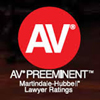 Martindale Hubbell - AV rated lawyer - Best Rating Possible
Martindale Hubbell - AV rated lawyer - Best Rating Possible
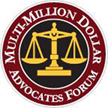 Multi-Million Dollar Advocates Forum
Multi-Million Dollar Advocates Forum
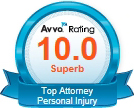 AVVO Top Rated Personal Injury Attorney, 10 of 10
AVVO Top Rated Personal Injury Attorney, 10 of 10
 ATLA Top 100
ATLA Top 100
 Lawyers.com - Rated 5.0 out of 5.0 - Top Rating Possible
Lawyers.com - Rated 5.0 out of 5.0 - Top Rating Possible
 National Trial Lawyers - Top 100 Trial Lawyers
National Trial Lawyers - Top 100 Trial Lawyers
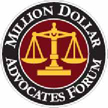 Million Dollar Advocates Forum
Million Dollar Advocates Forum
 American Society of Legal Advocates - Top 100 - 2017
American Society of Legal Advocates - Top 100 - 2017
 Marquis' Who's Who in the World, Who's Who in America and Who's Who in American Law
Marquis' Who's Who in the World, Who's Who in America and Who's Who in American Law
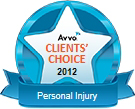 AVVO Clients' Choice Personal Injury Lawyer
AVVO Clients' Choice Personal Injury Lawyer
 Expertise - Best Car Accident Lawyers in Honolulu 2019
Expertise - Best Car Accident Lawyers in Honolulu 2019
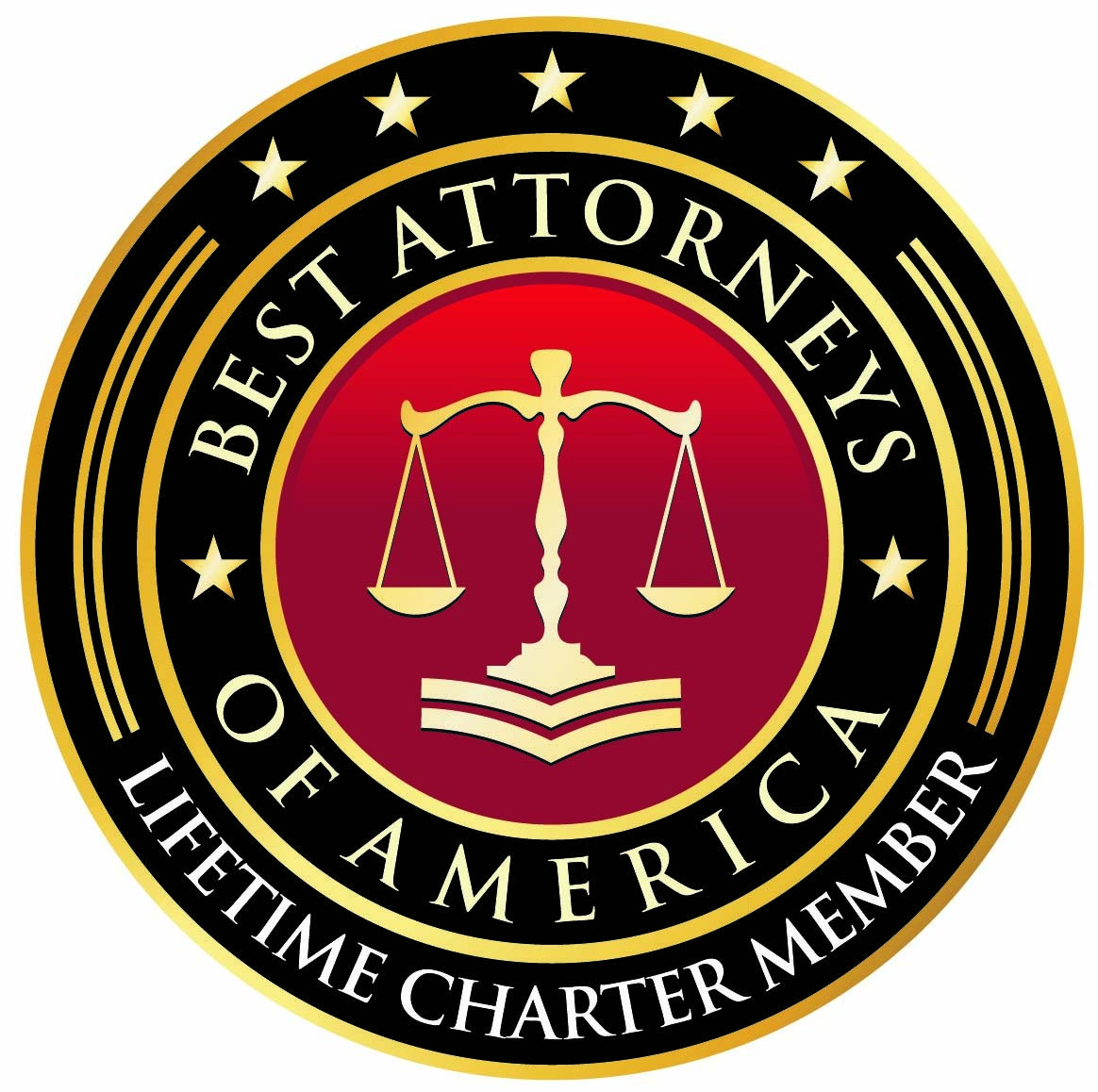 Best Attorneys in America - Life Charter Member
Best Attorneys in America - Life Charter Member
|
|
Click on a box below to choose one of our 4 menus:
There is NO CHARGE for sending your case information to our law firm. The information provided on this website is preliminary and informational ONLY. It is not legal advice. The use of our webpages does not establish an attorney-client relationship. This website is copyright 1999-2020 and the contents of this website are the property of Personal Injury Attorney William H Lawson. The Terms and Conditions of Use for this website and our Privacy Policy are available here for your consideration. All rights reserved. Hawaii Trip - Slip Fall Accident LawyerWe thank you for visiting our site! |




 Balcony Defects, Railing Collapses, Building Code Violations and similar premises liability claims in Hawaii
Balcony Defects, Railing Collapses, Building Code Violations and similar premises liability claims in Hawaii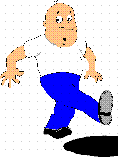 of harm posed by the property to people who may come onto
it. Depending upon the situation this may be done either
by correcting a dangerous condition or by warning about
it. The owner or occupant is responsible for conditions
known about and which should have been known about. If you
wish to find out more about Premises Liability law in the
State of Hawaii, please review the Brief Overview set forth below.
of harm posed by the property to people who may come onto
it. Depending upon the situation this may be done either
by correcting a dangerous condition or by warning about
it. The owner or occupant is responsible for conditions
known about and which should have been known about. If you
wish to find out more about Premises Liability law in the
State of Hawaii, please review the Brief Overview set forth below. occupiers of land is that " [a] possessor of land,
who knows or should have known of an unreasonable risk of
harm posed to persons using the land, by a condition on
the land, owes a duty to persons using the land to take
reasonable steps to eliminate the unreasonable risk, or
warn the users against it." Corbett, 70 Haw. at 415,
772 P.2d at 693 (emphasis added); see also Knodle v. Waikiki
Gateway Hotel, Inc., 69 Haw. 376, 386, 742 P.2d 377, 384
(1987), Bidar v. AMFAC, Inc., 66 Haw. 547 at 559 (1983).
occupiers of land is that " [a] possessor of land,
who knows or should have known of an unreasonable risk of
harm posed to persons using the land, by a condition on
the land, owes a duty to persons using the land to take
reasonable steps to eliminate the unreasonable risk, or
warn the users against it." Corbett, 70 Haw. at 415,
772 P.2d at 693 (emphasis added); see also Knodle v. Waikiki
Gateway Hotel, Inc., 69 Haw. 376, 386, 742 P.2d 377, 384
(1987), Bidar v. AMFAC, Inc., 66 Haw. 547 at 559 (1983).


